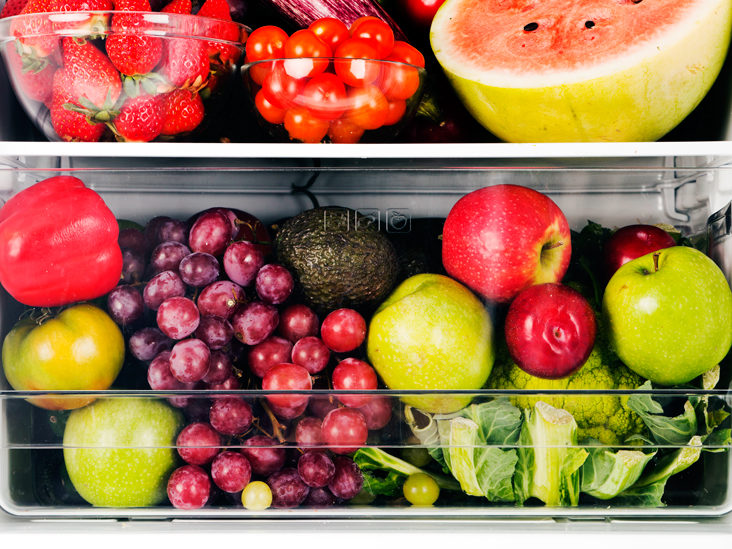1,273 total views, 6 views today
Microorganisms are organisms that are too tiny to be seen with the naked eyes, they can only be seen with the aid of a microscope. Also depending on the size of the microorganism there are different microscopes suited for it, it is known that an electron microscope can view all microorganism because it has the highest magnification and resolution levels and can be able to view all microorganisms unlike some other microscope that cannot view some microorganisms due to their tiny sizes.
Microorganisms are found in the air, water, soil, almost everywhere, asides from sterilized environment. Microorganisms are known to be harmful and atimes beneficial to the environment in which they are found. Microorganisms are known to cause infectious diseases and they are also involved food spoilage and decomposition. Microorganisms also play beneficial role in medicine through the creation of antibiotics and vaccines, they are also useful in the production of foods, which are fermented foods.
Microorganisms contaminate fruits from pre harvest to post harvest fruits, which includes fruits taken to the market, fruits processed for consumption and non processed ones (Wiley, 2016). Microorganisms involved in the spoilage of fruits includes bacteria, fungi, protozoa, algae and viruses (Wiley, 2016).
Another important thing about microorganism is that, some species of microorganism are known to increase the shelf life of harvested fruits and allow them to stay more in the market so they don’t spoil on time. One of these microorganism is the bacteria from the subtilis species named Bacillus Subtilis.
Fruits and vegetables when ripe are harvested, the issue with the harvested fruits and vegetables is that they continue to ripen while stored (Al-soufi, 2015).
The biggest issue with fresh fruits and vegetables is market turnover, which is caused by softening, which is induced by the natural process of maturity and water loss; these changes are not desired by consumers and are usually rejected (Conforti et al, 2007).
The microorganism, Bacillus Subtilis to be used are cultured in the laboratory, and are applied to the fruits, and are able to extend the market days of the fruits.
A phytohormone called ethylene is responsible for ripening in fruits (ISAAA, 2020). Ethylene is known to promote ripening in different fruits (ISAAA, 2020).
Bacillus Subtilis delay fruit ripening through the mechanism of decreasing the production of ethylene in fruits.
Delay in fruit ripening is advantageous to both consumers and sellers, sellers that are not able to sell their fruits on time complain about the fruits getting spoilt before they are sold, fruits bought by consumers and are not consumed on time or processed can get spoilt which leads to wastage.
The world is looking into other ways to promote delay in fruit ripening aside from using chemicals that can have a side effect to the consumers.
One of the ways is using microorganism, and it is quite easy and accessible because microrganisms are usually cultured and used for whichever purpose they want to be used for. Industries are looking into microorganisms as well as in genetics by modifying microorganisms to create different species of microorganisms.
References
Al-Soufi MA (2015). Extending the storage life of some fruits by using Pullulan produced from locally isolate Aureobasidium pullulans. Iraqi J Mar Res Cons Protec. 2015;7(1):179‒198.
Conforti FD, Totty JA (2007). Effect of three lipid/hydrocolloid coatings on shelf life stability of Golden Delicious apples. Int J Food Sci Technol. 2007;42(9):1101‒1106.
